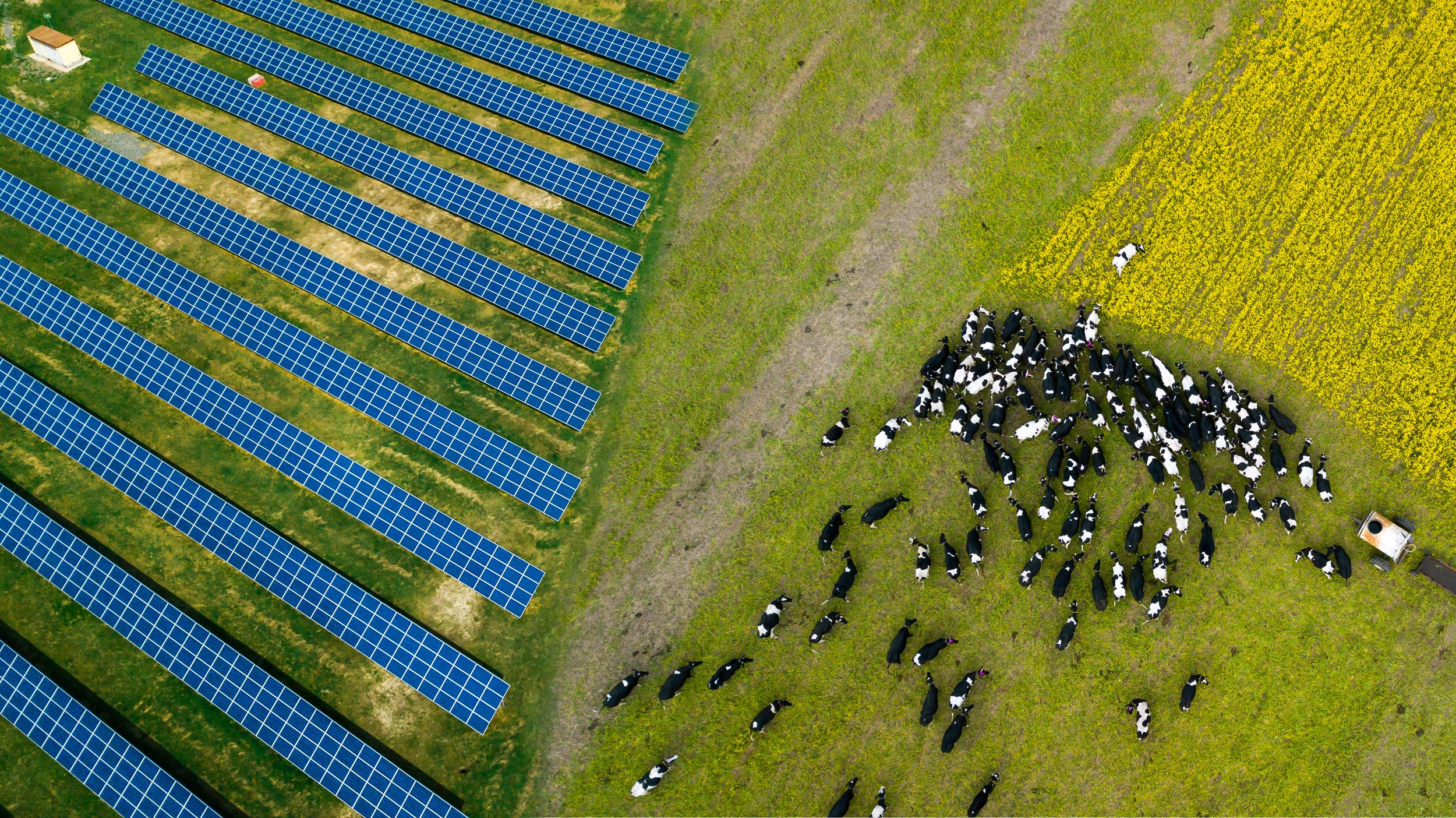
Do you have questions or concerns? We are here to listen, provide answers, and offer solutions.

Solar is a well-established, mature technology that has been deployed in a multitude of on and off-grid situations since its commercialization in the 1950s by Bell Labs. Solar panels are in operation in every environment from the hottest, driest desert to disaster areas to the frigid vacuum of space. Increasingly, solar facilities are playing a major role in supporting peak electric demand on electric grids around the world. The development and construction of solar facilities began in Ohio over the last 10 years and around the US over the last 20 or so years.
Despite a long history of successful deployments around the US and the globe, solar receives a great deal of criticism and vitriol. Unfortunately, much of that criticism is based on exaggerated or falsified claims that are repeated on Facebook. Below are several foundational resources to help understand the basics of solar facilities, their safety, and operation. We will continue to add resources as we encounter misconceptions about the Grange Project and solar in general.
Research and Resources
Grange Solar works diligently to provide accurate, well-vetted information about solar, the Project, and its potential impacts on the community. Internet sources, whether research publications, periodicals, or social media must be carefully reviewed for accuracy. The information below is intended to respond to many of the concerns and statements shared online and on social media. The Grange Solar Team believes it is important to address these statements and provide factual clarity to the community.
This page will be frequently updated to reflect the latest questions, concerns, and research. Any third party videos are not an endorsement of Grange unless otherwise stated in the video or description.
Independent Resources
Video Resources
Solar and Electricity Basics
Solar Safety and Decommissioning
Health, the Environment, and Climate Change
How Solar Works and Industry Overview
Energy.gov: How Does Solar Work?
National Renewable Energy Laboratory: Solar Energy Basics
2022 Solar Industry Overview: Lawrence Berkeley National Laboratory
Health and Safety
Health and Safety of Solar Photovoltaics
Ohio Department of Health Solar Information
Decommissioning, Restoration, and Agriculture
State-by-State Solar Decommissioning Regulations and Ohio Snapshot
NREL - Decommissioning Best Practices
The PJM Grid and Energy Markets
PJM At A Glance - A brief overview of the electric grid that Ohio is a part of
PJM’s Transmission System - A brief overview of how electricity gets from a power plant to your home
Clean Energy Isn’t Driving Power Price Spikes
Grange and Solar Industry Fact Sheets
Landowner Testimonials
Grazing and Vegetation Management
News and Analysis
-
Learn more about how solar facilties are incorporating grazing into vegetation management and the dedication of the industry in working to do agrivoltaics in a way that benefits the area ag economy, soil health, and the environment: https://wgxa.tv/news/on-the-farm/on-the-farm-houston-solar-combines-sheep-farming-and-solar-power-for-georgias-benefit#
-
Analysis of Frasier Solar’s PILOT published by Ohio State University in January 2024 confirmed that the Buckeye Insitute’s analysis and resulting conclusion regarding whether a County should prefer a PILOT vs Traditional Taxation was incorrect.
-
For the research, scientists at the Argonne National Laboratory and the National Renewable Energy Laboratory planted native flowers and grasses at two solar farms in southern Minnesota in early 2018. For the next five years, they regularly surveyed each site.
Over the course of the study, researchers found the number and variety of both plants and insects grew substantially. Particularly encouraging was the growth of pollinators, such as moths, butterflies, beetles, hornets, wasps, and bees.
The loss of grasslands across the continent has proved disastrous to native bees, with more than a quarter of North American bumblebees now threatened with extinction. The new study found that native grasses grown on solar farms were a boon to these bees. While the total number of insects grew threefold over the course of the study, the number of native bees multiplied by a factor of 20.
-
Excerpt from Axios article:
Woody Rickerson, an ERCOT senior vice president and its COO, said during a public utilities meeting on Thursday that this week's freeze was the state's second-longest winter storm in the past 15 years and its third coldest.
Rickerson said surplus energy from solar generation throughout the storm helped charge batteries and gave operators a chance to correct issues at thermal plants.
"This is the first time we've seen operational days significantly affected by the amount of solar during a winter storm," he said.